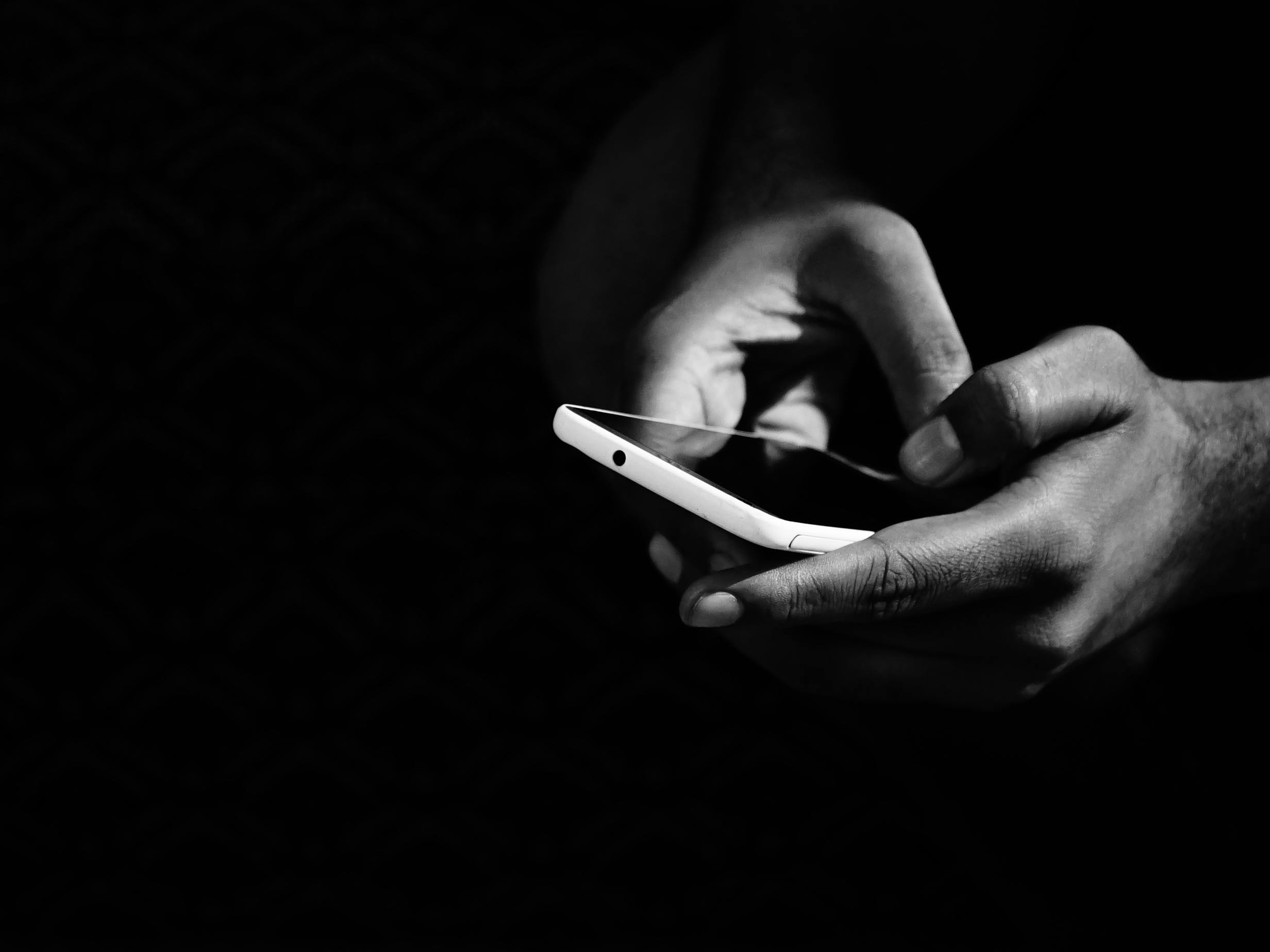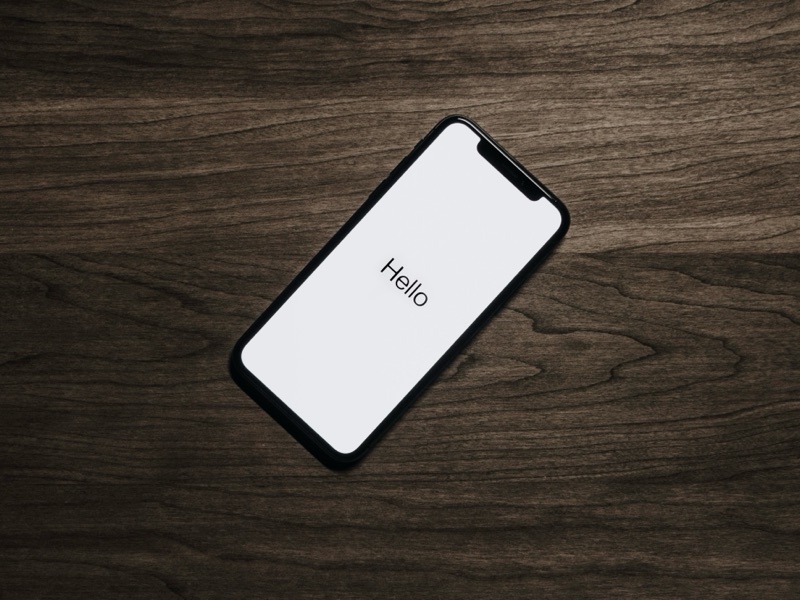What Would Einstein Say About Smartphones in 2025? A Thought Experiment on Modern Tech and Human Potential
Introduction: A Mind from the Past Meets the Devices of the Future
Imagine handing Albert Einstein—arguably one of the greatest minds in history—a smartphone in 2025. What would he say? Would he be amazed by our pocket-sized supercomputers, or concerned about our dependence on them? Would he see smartphones as an embodiment of scientific progress—or a distraction from it?
In today’s world, where artificial intelligence, quantum computing, and global connectivity are rapidly evolving, reflecting on Einstein’s perspective offers a powerful lens through which to examine the role of modern technology. While Einstein never lived to see the internet, much less TikTok or ChatGPT, his philosophical writings and thoughts on science, humanity, and ethics give us surprisingly relevant insight into how he might view our tech-obsessed culture.
In this article, we’ll explore how Einstein’s values and worldview might align—or clash—with the way we use smartphones today. Through a speculative yet grounded lens, we’ll uncover what the father of relativity might praise, critique, and caution us about when it comes to these devices that dominate our pockets and our minds.

1. The Science Behind the Screen: Admiration for Innovation
Einstein had deep respect for applied science. His reverence for Maxwell’s equations and the breakthroughs in electromagnetism suggests he’d be intellectually thrilled by the sheer engineering feat that is a modern smartphone.
Smartphones are a physical embodiment of Einstein’s own theories:
- GPS, for example, relies on Einstein’s theory of relativity to correct for time dilation in satellite clocks.
- Quantum mechanics—though he was famously skeptical of it—underpins semiconductor physics, the very foundation of chips and processors.
He would likely marvel at the computational power packed into these handheld devices. After all, the computing power of a 2025 smartphone dwarfs that used to land humans on the Moon.
“It is not the product of man alone, but the result of countless generations of searchers, each building upon the work of the past.” – Einstein might say, acknowledging the collaborative genius behind smartphone technology.

2. Information Overload: A Double-Edged Sword
Einstein valued simplicity, clarity, and deep thought. He once said, “Information is not knowledge.” If he scrolled through a smartphone today—bombarded by push notifications, social media noise, and algorithmic distractions—he might be disheartened.
While smartphones offer instant access to knowledge, they also encourage:
- Surface-level thinking over deep understanding
- Attention fragmentation
- An illusion of intelligence without comprehension
He’d likely question whether we are using smartphones to expand the mind, or to numb it.

3. Technology and Human Connection: Paradox of Proximity
Einstein deeply valued humanism and compassion. He advocated for unity and global cooperation. He’d likely appreciate how smartphones have connected people across continents, broken down linguistic barriers, and enabled humanitarian efforts via instant communication.
But he’d also be keenly aware of how these same tools are fostering:
- Digital loneliness
- Polarization through echo chambers
- A decline in face-to-face empathy
His insight: Technology should enhance human bonds, not replace them.

4. Ethics, Surveillance & the Algorithmic Age
Einstein was politically engaged and morally conscious. He fled Nazi Germany, opposed totalitarian regimes, and championed civil rights. He’d likely be concerned about the surveillance capitalism embedded in smartphone ecosystems.
He might ask:
- Who controls our data?
- Are we truly free in a world where algorithms shape behavior?
- Is privacy a relic of the past?
In this sense, Einstein might warn us of misusing intelligence without wisdom—a theme consistent with his post-WWII reflections on nuclear weapons and scientific responsibility.

5. A Gateway to Creativity and Scientific Curiosity
Einstein, who played the violin and had a poetic side, would also see smartphones’ potential for creativity:
- Photography, music, drawing, and storytelling are more accessible than ever.
- Educational platforms put STEM learning in the hands of millions.
He’d likely applaud the democratization of information—so long as it’s balanced with critical thinking and humility.
“The important thing is not to stop questioning. Curiosity has its own reason for existing.” – One of his core beliefs that smartphones could support, if used mindfully.
Conclusion: Progress With Purpose
If Einstein were alive today, he wouldn’t reject smartphones—but he would challenge us to use them wisely. He’d celebrate the ingenuity, stand in awe at the technological leap, but issue a thoughtful warning: Technology must serve humanity, not enslave it.
His legacy reminds us that scientific advancement, while powerful, is not inherently good or bad—it’s how we choose to apply it that matters. The question isn’t whether Einstein would use a smartphone. The real question is: Would he be proud of how we use ours?
As we barrel toward an increasingly digital future, perhaps it’s time to put down the phone for a moment—and think like Einstein.